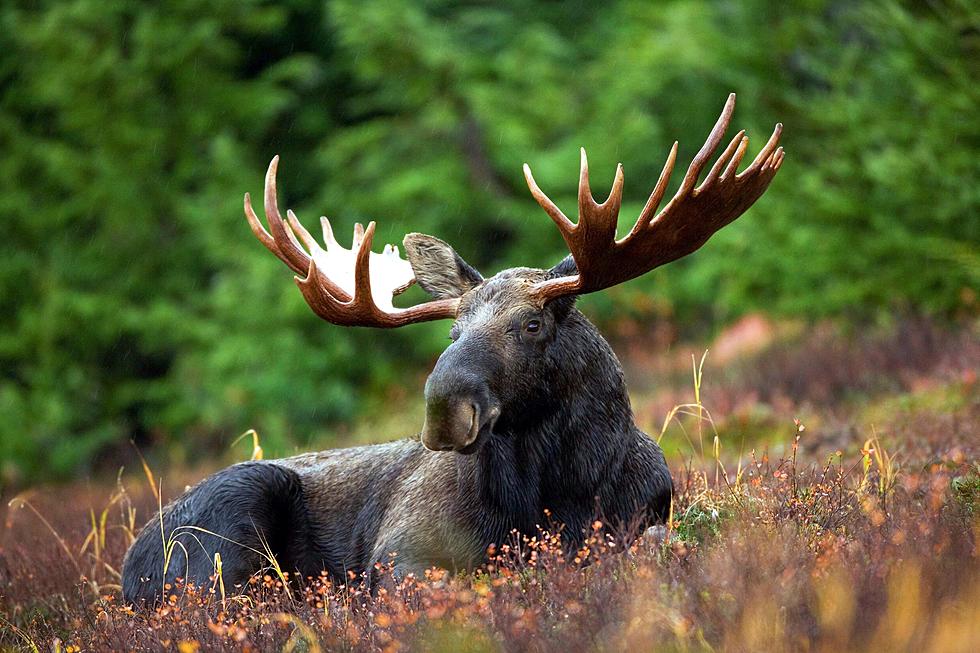
Hunters Asked to Be On the Lookout for Diseased Turkey
With many of Maine’s hunters ready to begin wild turkey season this weekend, wildlife officials are urging them to be cautious of diseased birds plagued by a nasty virus known as Lymphoproliferate Disease Virus, or LPDV.
The virus, which causes lesions on a turkey’s head and leg, is believed to spread solely between birds and cannot be contracted by humans.
“It’s a bird virus that doesn’t have human consequence and concern, but it’s a virus that we’ve been tracking,” said Department of Inland Fisheries and Wildlife leader, Brad Allen. “We’re asking people to keep an eye out for it. If you see a really infected bird, I wouldn’t recommend shooting it. You could maybe pass on that bird and shoot one that’s not infected.”
Wild turkey season kicks off this Saturday with Youth Turkey Day, which is open to young hunters 10 years and older but not yet 16 years of age. For the adult hunters, the season begins on Monday and runs until June 1.
Incidentally, Allen advises any hunter that shoots an infected bird should probably contact a wildlife official before reporting it to the tagging station.
“We ask people that if they do shoot one that is heavily infected that they contact a game warden or a biologist before they register it, and I’m sure the warden will probably say, ‘If you’re inclined, go out and shoot a different bird. Just don’t register this,’” said Allen. “If you register the animal that kind of takes some of the decision-making out of the hands of the wardens and the biologists, so it would be better to present it before you tag it.”
Hunters that shoot an infected turkey with lesions on its face or leg should call any one of the following contacts: (Ashland) 435-3231, (Bangor) 941-4466, (Enfield) 732-4132, (Gray) 657-2345, (Greenville) 695-3756, (Jonesboro) 434-5927, (Sidney) 547-5318, (Strong) 778-3324.
More From









